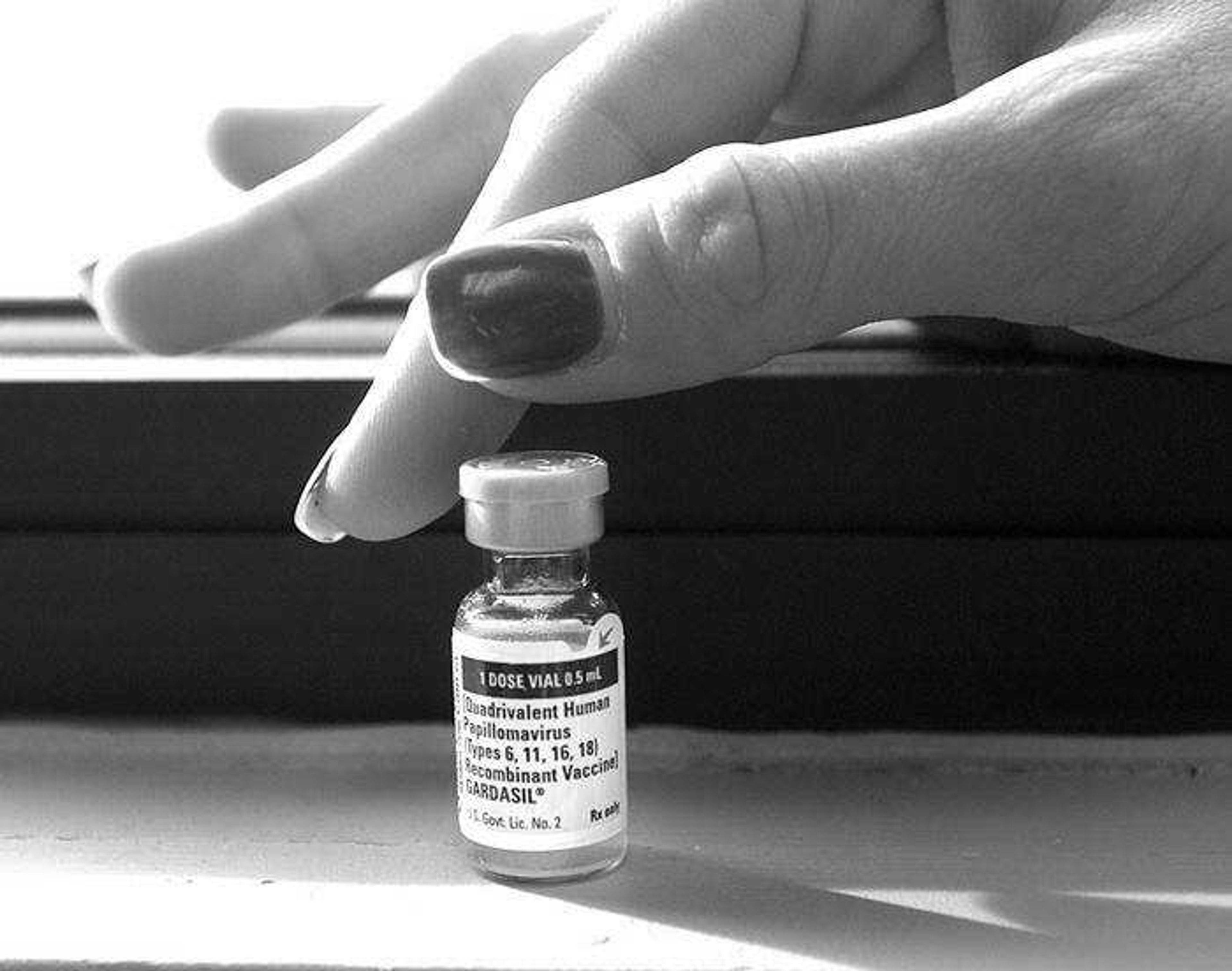Preventing HPV; preventing cancer
Doctors hope a new vaccine will be the first step in eliminating cervical cancer. The vaccine, Gardasil, was approved in June by the Food and Drug Administration for girls and women, ages 9 to 26. The vaccine prevents infection from some strains of the human papillomavirus (HPV), a sexually transmitted disease that can cause genital warts and cervical cancer...
Doctors hope a new vaccine will be the first step in eliminating cervical cancer.
The vaccine, Gardasil, was approved in June by the Food and Drug Administration for girls and women, ages 9 to 26. The vaccine prevents infection from some strains of the human papillomavirus (HPV), a sexually transmitted disease that can cause genital warts and cervical cancer.
Certain strains of HPV cause 70 percent of cervical cancer, said Dr. Maritza Manrique-Kiniry, an obstetrician-gynecologist at Cape Care for Women. "HPV is considered one of the most common STDs," she said. "It's right up there with herpes -- it's a pretty big deal."
It's such a big deal that about 100 girls and women received the vaccine at Cape Care for Women after it became available, Manrique-Kiniry said.
The FDA's approval of the vaccine was also ranked the No. 1 health story of 2006 in a report from the Harvard Health Letter.
Dr. Michael Jessup, an obstetrician-gynecologist at Midwest Obstetrics and Gynecology, said there has been a 600 percent increase in HPV cases within the last 15 years.
According to the Centers for Disease Control, at least 50 percent of sexually active people will get HPV at some point in their lives. HPV is most common in young women and men who are in their late teens and early 20s, which is why the vaccine is recommended for people who haven't become sexual active.
Last month, New Hampshire announced it would be the first state to offer the cervical cancer vaccine at no cost to girls ages 11 to 18. Michigan was the first state in the nation to require 11- and 12-year-olds to be vaccinated with Gardasil. And in Ohio, there's proposed legislation that would require all female students entering the sixth grade to be vaccinated.
Jessup said requiring young girls to receive the vaccine brings up issues of ethics. "Some people see this as making it appear as if it's OK to become sexually active at a young age," he said.
Jessup isn't sure if Missouri will adopt the same legislation.
"I do think this would go a long way to preventing cervical cancer. It would definitely cut down on the spread of HPV," he said.
The American Cancer Society estimates that in 2006, more than 9,700 women were diagnosed with cervical cancer, and at least 3,000 died.
The vaccine is distributed by a shot in the arm that's given in three doses over a six-month period. Gardasil will not provide protection against all types of HPV, and women may not get the vaccine's full benefits if they already have acquired a strain of HPV.
Because the vaccine will immunize women against only certain strains of HPV, it's important to continue Pap smear screenings with local health care providers.
jfreeze@semissourian.com
335-6611, extension 246
Connect with the Southeast Missourian Newsroom:
For corrections to this story or other insights for the editor, click here. To submit a letter to the editor, click here. To learn about the Southeast Missourian’s AI Policy, click here.










